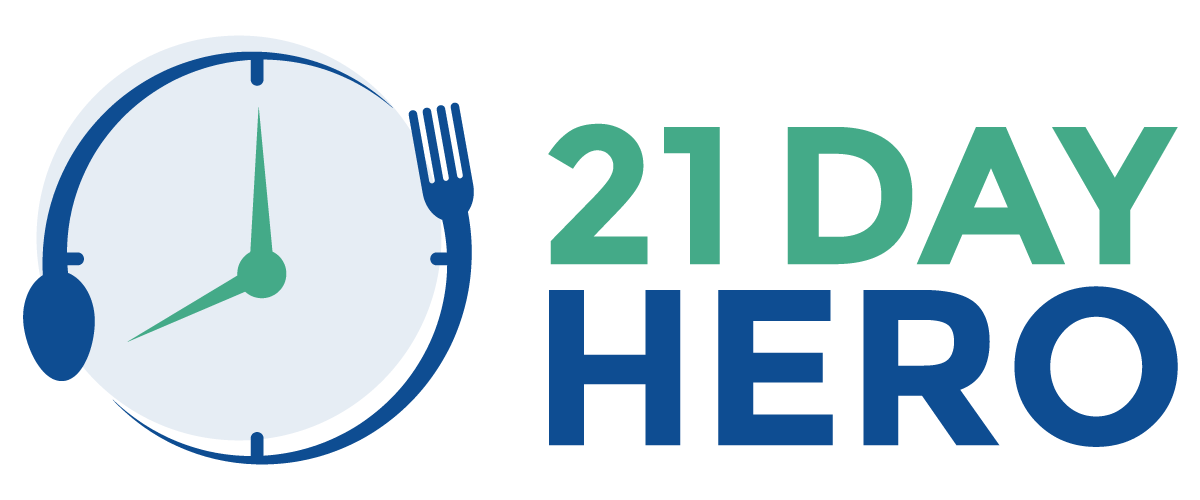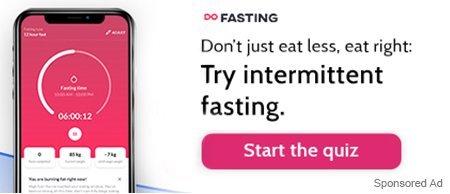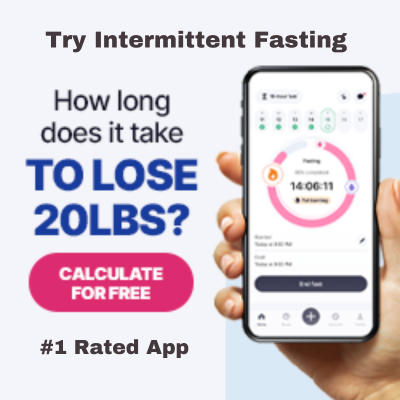Intermittent Fasting Side Effects | Brain Fog | Flu-like Symptoms | Overeating | Negative Medication Interactions | Bowel issues | Headaches | Hair loss | Sleep Disturbance
It’s a common occurrence – you change your eating habits and end up feeling worse than you did before starting to improve your lifestyle. Intermittent fasting is no exception. While it doesn’t happen always but Intermittent fasting side effects do arise occasionally. Especially during the first few weeks when your body is still trying to adapt to the changes.
As you start to experience the downsides of changing the diet, you need to know that you can cut these side effects proactively. Never fear. You will get through your body’s initial reaction as you begin a new lifestyle or return to one after a hiatus.
When it comes to intermittent fasting, you can do a few different ways, such as OMAD or eating only during a window of time. Depending on what type of fasting you choose, the side effects can be mild to extensive initially. However, most side effects will start to disappear after the first week. None should stay with you beyond a few weeks. Your body just needs time to adjust.
Some of the intermittent fasting side effects are:
- Brain fog
- Flu-like Symptoms
- Overeating
- Negative Medication Interactions
- Bowel Issues
- Headaches
- Hair Loss
- Sleep Disturbance
Each of these fasting side effects will be explained in detail below.
The Most Common Intermittent Fasting Side Effects

Brain Fog
The most significant and most common side effect when trying intermittent fasting is brain fog. You may find yourself forgetting things, feeling tired, or just unable to concentrate as much as you would like. With brain fog, you may begin to be restless as well. Though irritating, brain fog isn’t a health indicator.
As you begin or return to intermittent fasting, brain fog sets in quickly. When you go to the kitchen and can’t remember why you are there, you know the fogginess has hit.
It is frustrating when your mind doesn’t feel clear, but you can do things to help reduce it. The primary way to deal with brain fog is to take frequent breaks when working on complex tasks. Take a quick walk every hour or so.
Another way to help with the fogginess is by making sure you get plenty of sleep. Please do not attempt to rid yourself of the fogginess with a constant stream of caffeine. It won’t help long term.
Flu-like Symptoms
Did you wake up today not feeling all that well? Instead of thinking you are coming down with the plague, think about when the symptoms started. Did they start around the time you started fasting?
Like other diet types, you may experience a period that feels like you are coming down with the flu. You will recognize this by the fasting headaches, weakness, and a general not-great feeling. You may even feel intermittent fasting nausea.
Do not reach for the nearest flu medication to help reduce these symptoms. What you want to do is hydrate. Making sure you are getting enough water and electrolytes in will help these symptoms go away. There are all kinds of recommendations on how much water you should drink, but it’s best to determine what is the right amount based on how you feel. A rule of thumb is around 8 glasses of 8 oz of water or 2 liters of water a day.
The reason you feel like this is that when you begin intermittent fasting, your body will rid itself of excess water pretty quickly. As a result, you end up losing vital electrolytes, and you tend to get dehydrated. You must replace these quickly to avoid feeling sick.
Overeating
One thing fasting does better than anything else is build up an appetite. When it comes time for your eating window, you may find yourself wanting to eat the food on the plate as well as the plate itself. Being ravenously hungry in the beginning is not uncommon.
You don’t want to overeat during your window because it will counter what you are trying to do. So, make sure to drink plenty of water while eating. Eat mindfully, and it takes up to 20 minutes for your brain to register that you are full, give your brain time to catch up to your fork.
Consider drinking tea. A no-calorie beverage can trick your mind into thinking you are consuming something large. Tea is an excellent choice because it will help keep you full and allowed during the fasting window.
Negative Medication Interactions
Before you begin fasting, you need to ensure that fasting will not react negatively with any medications you are taking. If you are thinking about fasting, you want to talk to your doctor first. Fasting has many benefits, but when taking medications, it can be more dangerous.
Other health conditions will react negatively to your limiting what you are eating and eating during certain times. People with diabetes should be cautious when fasting. Other conditions will be those with heart conditions or with high blood pressure.
Bowel Issues
Talking about bowel movements can be poopy, but you need to know that intermittent fasting can result in constipation or occasional fasting diarrhea. Not being able to go to the bathroom or going too much is one of the nastier side effects. This is a result of your body ridding yourself of nutrients or not getting enough water.
There are many natural ways you can help get things moving along. One good way is by increasing water consumption. Another is to increase your fiber intake during the eating window. Make sure that your diet is well balanced so that you aren’t missing essential nutrients.
If you find that you are struggling with getting things moving, you can try changing up your diet. Along with water intake, you want to eat natural laxative foods such as prunes, prune juice, cranberry juice and figs. Making sure you are getting enough dietary fiber is key here.
Another great way to improve your gut health and normalize your bowel movements is doing a colon cleanse. It’s an intermittent fasting-friendly way to detox your body, improve gut microbiota and even lose weight on the way. I would recommend Colon Broom that you can even drink during your fasting window.

Headaches
Experiencing headaches in the first week of intermittent fasting is one of the most common side effects of this way of lifestyle. Headaches often occur as a change in dietary habits as your body adjusts.
When your body is deprived of water, it reacts by letting you know. You start to have a dry throat or a heavy feeling in your mouth. One of the main side effects of dehydration is water deprivation.
It cannot be stressed enough that you need to monitor your water intake in the first weeks of intermittent fasting. Another reason you could be experiencing a headache is if you are used to drinking coffee or another caffeinated drink and have reduced the caffeine intake during fasting.
Hair Loss
Hair loss is one of the most concerning fasting side effects that you may encounter. However, you don’t need to worry too much about it. Some hair loss is common when you are practicing intermittent fasting.
As you fast, you consume fewer calories than you would when you eat normally. Therefore, you are more likely to eat less. Your body reacts to lesser calories in many ways, one of these ways could be hair loss.
However, though you may feel like you are going bald, you are not. Hair loss is common at first and it will go away. If it does not, start checking what you are eating, make sure you are consuming the right balance of calories and nutrients. You always need to make sure you are getting enough nutrients to maintain balance in your body.
Sleep Disturbance
There has been a lot of controversy on sleep and intermittent fasting. Some say that fasting makes them sleep better, but there are a few who have sleep disturbances due to fasting. One of the primary reasons could simply be you are hungry. Being hungry makes it hard to sleep.
Another reason your sleep might be disturbed is that you are thinking of food. Dreaming of food, imagining food and wanting it. Though you may end up sleepless for a few nights, it will quickly taper off and you might find yourself sleeping better than ever before.
Give it a Try
I have personally seen amazing results myself! I’ve lost weight, I have more energy, I just feel generally amazing! Try it, even if for a month, try different fasting schedules that work for you. I promise you will reap the benefits if done along with a whole food healthy diet.
Never fear. Every time you start a new program, you have to expect it will take your body time to get used to it. Like most lifestyle changes, these symptoms will start to go away after a week or so as long as you are consistent.
Do not give up if you are struggling with intermittent fasting side effects. The negative effect of fasting will not last a long time, and you will receive some excellent benefits. If you are just getting going and are not sure where to turn, give this 21-day intermittent fasting meal plan a go.
Once the side effects of intermittent fasting start to go away, you will gain so much. Soon you will find that you can think clearer, have more energy, and start losing weight. Once you are past the hard part, you will wonder what took you so long to get started.











